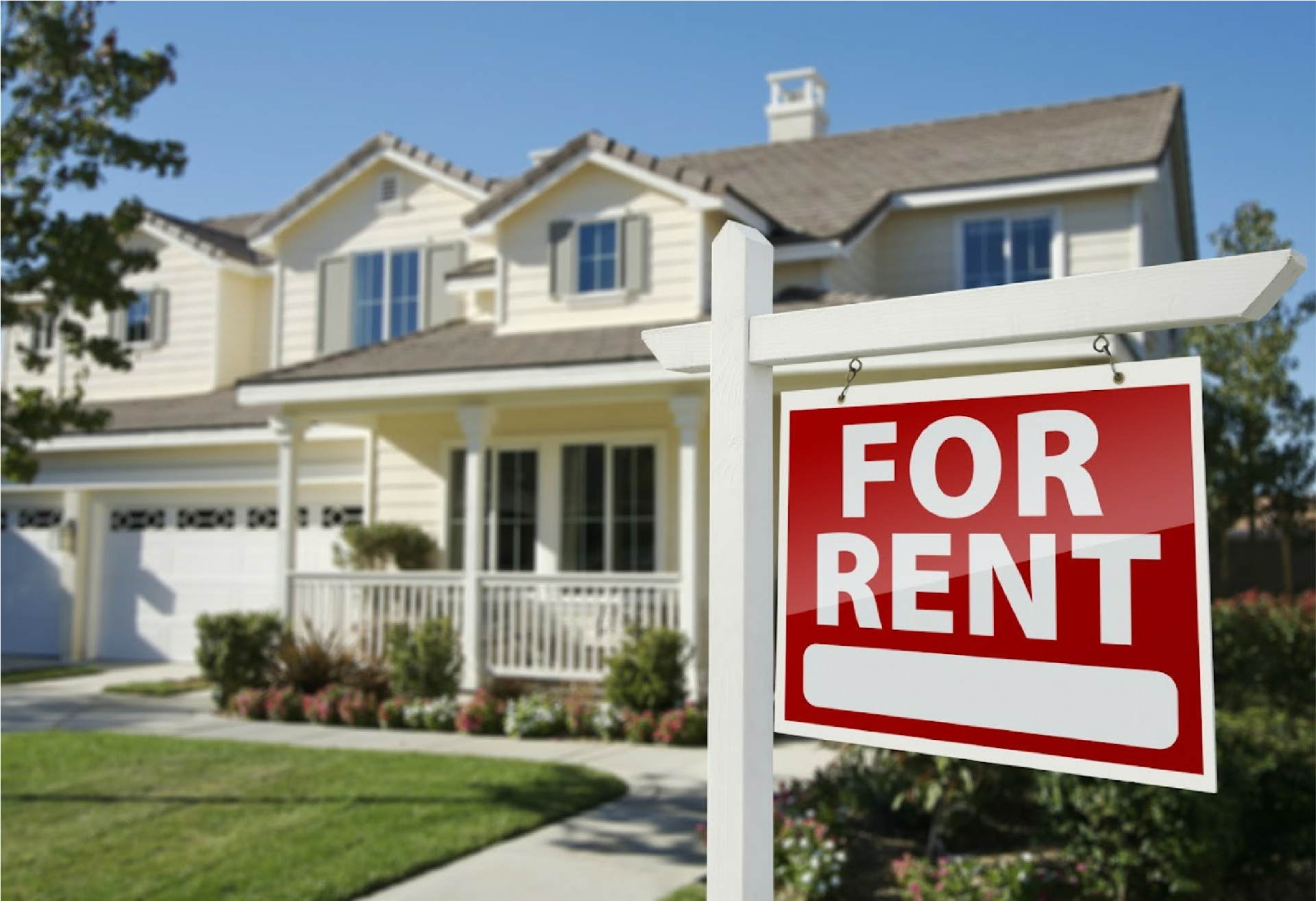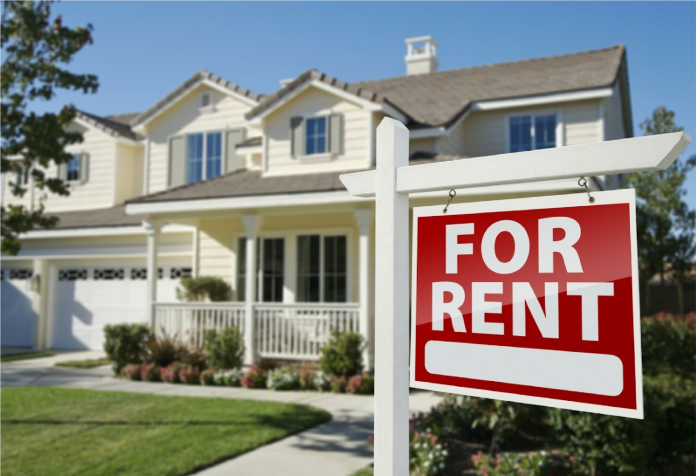
Renting a home or apartment is the best choice for many Americans, but you might not be able to determine which option is the right choice for you: apartment or house. If you are in the market for a new place to live, check out these common four rental questions to learn more.1. Should You Rent a House or Apartment?Whether you should rent an apartment or house depends on your personal situation and preferences. Typically, houses provide more room, including backyard space. If you are starting a family, renting a house may be the right choice to ensure you have enough room for everyone. Living in a house also means you get more privacy and more freedom to enjoy hobbies you like, such as working on vehicles or playing an instrument.Of course, since a house tends to have more space, you have more work to do to keep it clean. Plus, with an apartment, you may get more amenities, such as a clubhouse, pool, or park. This could be incredibly beneficial if you have kids. Similarly, you may want an apartment for accessibility. Many apartment buildings are in or near big cities. Last, apartments tend to be less expensive than houses, and many of the utilities may be included.2. Can You Have Pets If You Rent?Whether or not you can have pets depends on the rental policy. However, if you have a big dog, a house is probably the better choice. Some apartments may have weight limits on dogs, and with a house, you’ll often have a backyard to let your dog run around in.Cats require less space, and many people keep their cats indoor, so you may not need a backyard or big home for a cat. However, cats can be incredibly destructive, so some landlords may limit how many cats you can have or prohibit cats. If you are allowed to have a pet, you may need to pay extra to cover the cost of special wear and tear from the cat.3. Do You Need Special Insurance When Renting?While this is not legally required, consider renters insurance whether you rent a house or apartment. If a disaster causes damage to the structure, the property owner’s insurance will cover the costs. However, if your items are damaged because of a disaster, they won’t have protection under the property owner’s insurance.Renters insurance also protects you if someone gets an injury or the property gets damaged. Rental insurance will also cover the cost of hotel or restaurant meals if you are unable to stay in your home while it receives repairs.4. What Happens If You Break Your Lease Agreement?When renting an apartment or home, you often have a lease agreement, which ensures you will remain in the house or apartment for a set period of time and pay your rent. In most cases, if you break this agreement, the landlord can sue you for the rest of the rent. This may also appear on your credit report, which could affect your ability to rent an apartment or house in the future.However, you can legally break your lease agreement in some instances. First, if the property does not meet special habitability standards, you can break your lease agreement. These habitability standards include running water, trash bins, or necessary repairs. Similarly, if the landlord violates rules or harasses you, you can typically break your agreement.Renting a house or apartment can be a more affordable way to live because you don’t need to worry about lots of insurance or taxes. However, while apartment life may be best for some, living in a quiet house in a quiet neighborhood may be the ideal choice. If you would like to know more, contact us
at Montgomery Realtors today.

